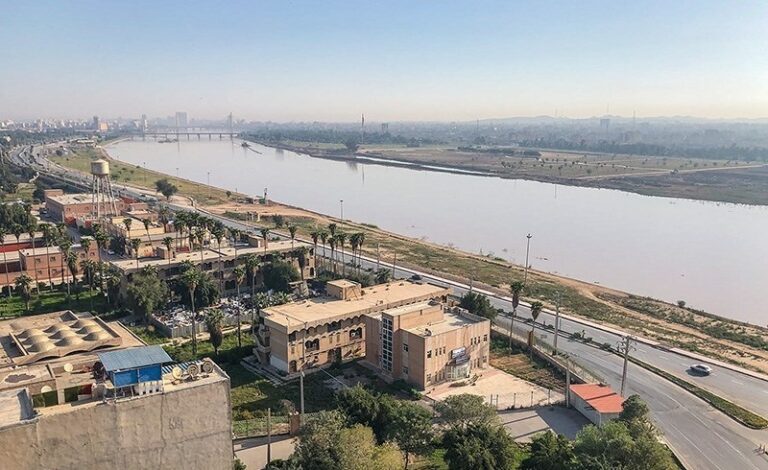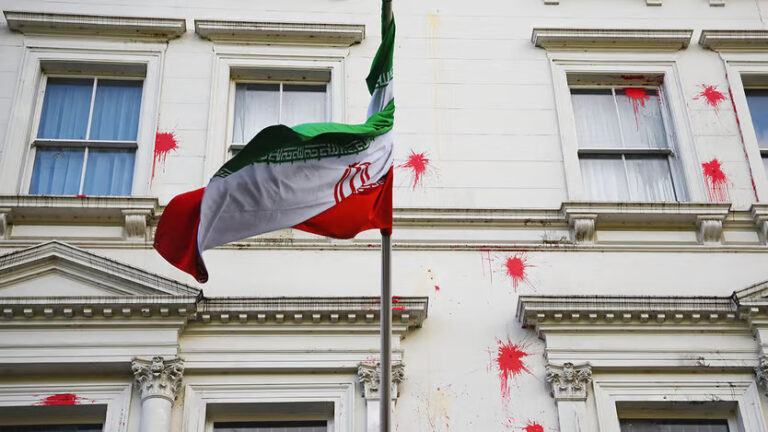With the Iraqi parliamentary elections set for Sunday, various Iraqi political groups are preparing for a reorganization of the national politics due to unprecedented openness and increased expected participation. This is especially true for the ruling parties in the Kurdistan
Regional Government, which could see their national representation reduced
proportionally due to expanded Sunni participation and the first fully fledged campaign by the Gorran (Change) party, which swept onto the scene after big gains in Kurdistan’s 2009 regional polls.
The Cable sat down with Qubad Talabani, the KRG’s representative in Washington and the son of Iraqi President Jalal Talabani, to get his take on the elections, the implications for Kurdish interests, and the future of U.S. troops in Iraq’s disputed northern provinces. “It’s important to know that these elections are far more important for Iraq than those from 2005,” he said. “The government that’s formed after these elections will have to not only manage a transitioning United States from Iraq, but will also have to deal with the many outstanding issues in Iraq.”
The Cable: How do you see the formation of the Iraqi government following the elections?
Qubad Talabani: There will be a widespread call for a swift government formation process. We understand and respect the need for a swift government formation process, but we mustn’t sacrifice the quality of the government in consideration of the time it takes to form that government. The world will be watching and what they’ll likely see is going to be another complicated, drawn out process. Stakes are very high, competition is fierce, and because of those factors, the government formation process may not look as smooth as many in the United States and around the world will like it to look. So we have to mitigate the expectations.
TC: How has the change of the election format from choosing only lists to voting for individual candidates and lists affected the campaign and Kurdish prospects?
QT: The effect is that people who will go to the parliament will be held more accountable because these people will have been directly voted for by the constituents. Hopefully the performance of these people will be better. It may not affect the numbers per se, but it will create a more accountable process…. You have to put people onto the slates that are popular, confident, and who you think can do the job to serve the people.
TC: What would be considered a success in terms Kurdish seats in the new parliament after the election?
QT: We have 55 seats right now in this current parliament but the national seat allocation has been increased from 275 to 325. Anything higher than 60 seats will be a good result for the Kurds, even if that’s proportionally less. We have to be realistic; we do understand that there’s a broader participation in these elections and that the three disputed territories is where the hottest competition will take place.
TC: How will the new participation of the Gorran Kurdish movement impact the result?
QT: You have three main Kurdish slates running in these elections: the Kurdistan alliance which is made up primarily of the PUK and the KDP, the Change movement party [Gorran], and the Islamic Union of Kurdistan’s slate. There will certainly be competition for the Kurdish votes in the three northern provinces and the three disputed provinces. But I’m confident that once we’ve put the internal competition aside and people take their seats at the national level, when issues of relevance and importance to Kurdistan come to the table, the majority of the Kurdish blocks in the parliament will unify and vote for Kurdish interests.
TC: How will the overall stakeholders fare on Sunday?
QT: The outcome is really unknown, because of the number of slates participating, because of how close the race is nationally and regionally. Right now it would be premature to make any predictions.
TC: How do you view the news that Gen. Raymond Odierno has put in a request for American combat troops to remain in northern Iraq longer than planned and perhaps after the 2011 withdrawal date enshrined in the Status of Forces Agreement?
QT: The general has a good sense of what’s required on the ground. There is a clear need right now for continued U.S. presence, particularly in the disputed territories…. We’re open to a continued U.S. military presence as long as they’re required. If U.S. forces are required beyond the time than what the SOFA states, that must come about through a renegotiation of an extension of the guidelines set by the current SOFA. The situation on the ground will determine whether an extension is needed. We as Kurds are not opposed to an extension but that will have to be decided at the federal level











+ There are no comments
Add yours